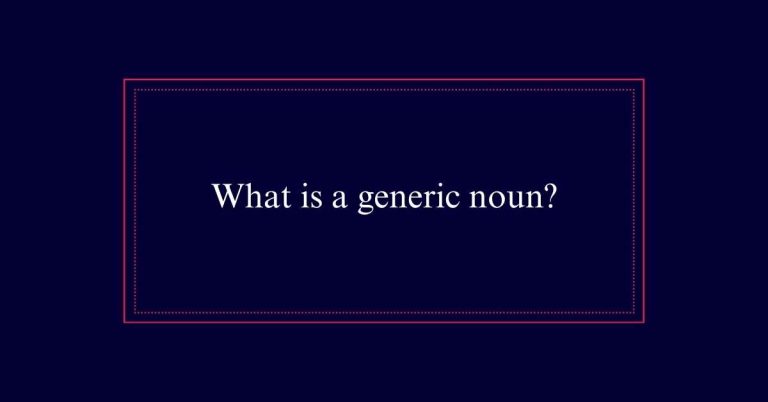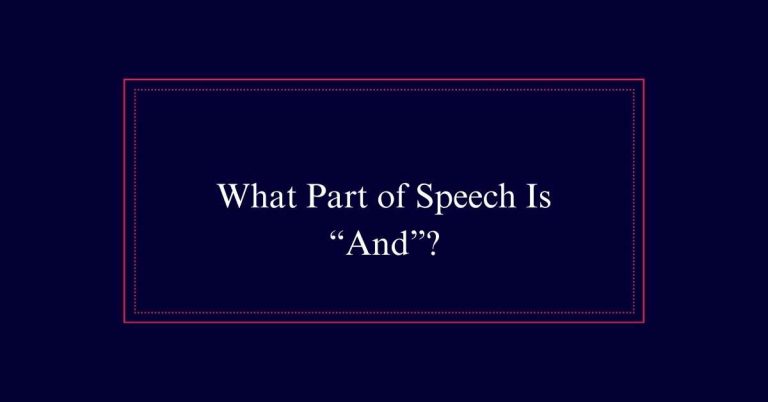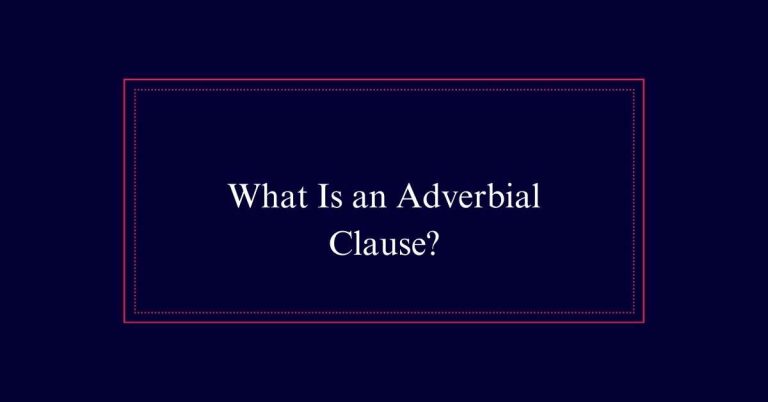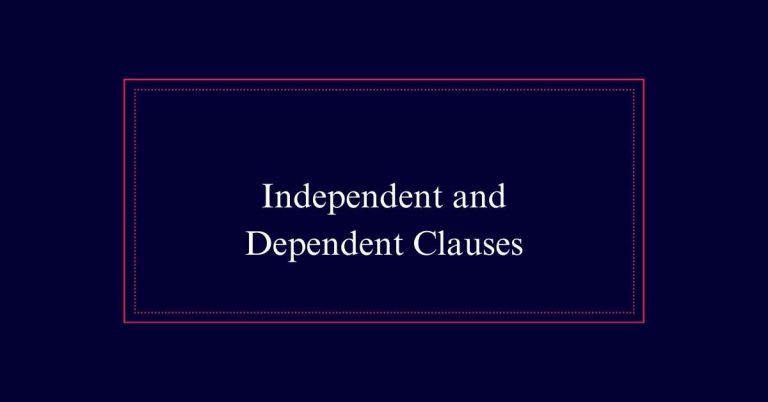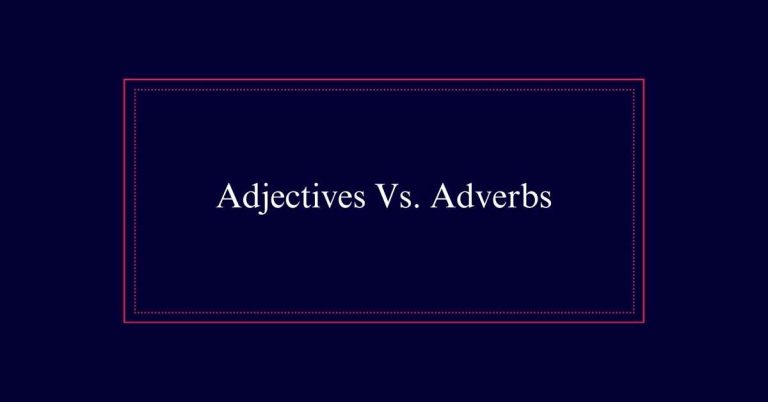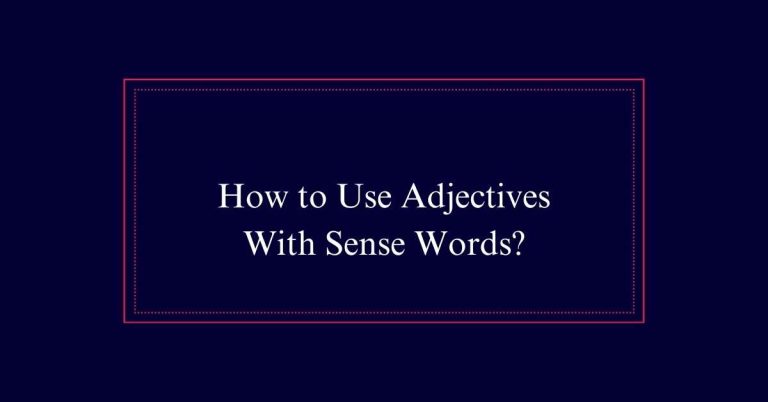What Is the Subjunctive Mood?
The subjunctive mood in English is used to express wishes, recommendations, doubts, or hypothetical situations. It typically appears after phrases like ‘It is essential that’ or ‘We suggest that,’ and the verb takes its base form regardless of the subject. For instance, instead of saying ‘She suggests he goes,’ you would say, ‘She suggests he go.’ Common triggers include ‘ask that,’ ‘require that,’ and ‘insist that.’
Definition of Subjunctive Mood
The subjunctive mood is a verb form used to express wishes, recommendations, doubts, or hypothetical situations. It often appears after phrases like ‘It is recommended that’ or ‘We suggest that.’ In these cases, the verb takes its base form, regardless of the subject.
For example, ‘It is important that she listen carefully’ uses the subjunctive ‘listen.’ The subjunctive is also used with third-person singular pronouns without the usual -s ending. Common phrases triggering the subjunctive include ‘ask that,’ ‘require that,’ and ‘insist that.’
Examples of usage are: ‘We ask that he prepare a short speech,’ and ‘It is essential that they agree to the terms.’
Historical Context
Originating in classical languages like Latin and Ancient Greek, the subjunctive mood has long been an essential component of expressing nuances in meaning. In these ancient languages, the subjunctive was used to convey doubt, possibility, necessity, and various hypothetical situations. Latin, in particular, showcased the subjunctive in a wide range of tenses, making it a versatile tool for writers and speakers.
As languages evolved, the subjunctive mood was carried into modern Romance languages such as Spanish, French, and Italian. Each language adapted it to fit its unique grammatical structure. The English language, influenced by these classical and Romance languages, retained the subjunctive mood, though its use has diminished over time.
Subjunctive Vs Indicative
Understanding the historical roots of the subjunctive mood can help distinguish it from the indicative mood in modern usage. The subjunctive mood is used to express wishes, doubts, or hypothetical situations. For example, ‘If I were a millionaire’ demonstrates the subjunctive mood.
In contrast, the indicative mood states facts or beliefs, such as ‘I am a millionaire.’ While the indicative mood is straightforward and used in most daily communication, the subjunctive is less common and often appears in formal contexts or specific expressions.
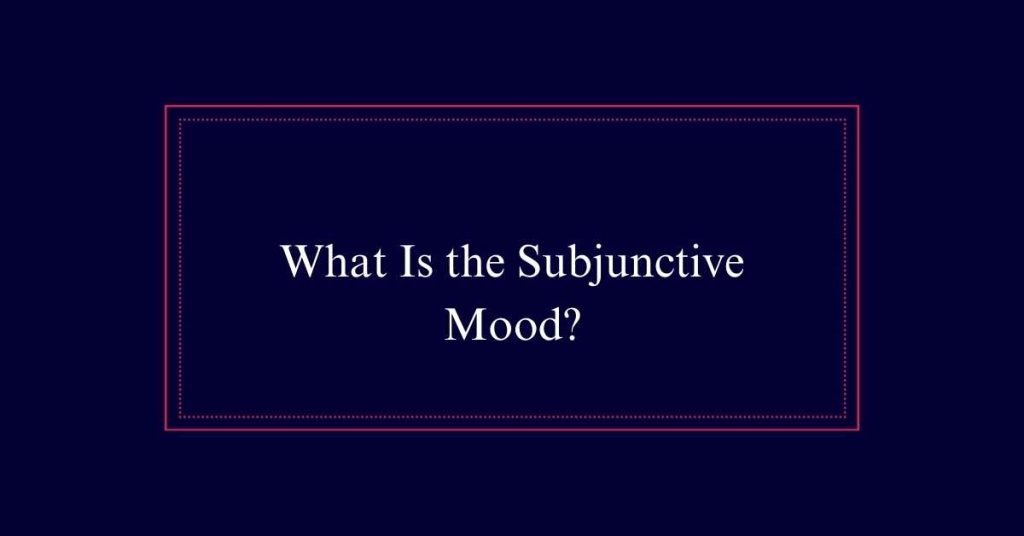
Recognizing these differences is essential for using each mood appropriately. The subjunctive often appears with verbs like ‘recommend’ or ‘suggest,’ whereas the indicative is prevalent in statements and questions.
Subjunctive in English
Subjunctive in English is a grammatical mood used to express wishes, recommendations, or hypothetical situations. It is less common in modern English but remains important for clarity. This mood is often found in dependent clauses following certain expressions or verbs. For example, ‘It is essential that she be on time,’ uses the subjunctive mood.
Below is a table with common phrases and their subjunctive uses:
| Phrase | Subjunctive Example |
|---|---|
| It is vital that | he attend the meeting. |
| We recommend that | she study for the exam. |
| It is important that | they be informed promptly. |
| The committee suggests that | he reconsider his decision. |
Forming the Subjunctive
To form the subjunctive mood, start with the base form of the verb, regardless of the subject. This form remains the same for all subjects, making it essential.
For example, in the sentence ‘It is essential that he prepare for the meeting,’ the verb ‘prepare’ stays in its base form. This rule applies even when the subject is third-person singular.
The verb ‘to be’ is an exception. In the subjunctive mood, ‘be’ is used for all subjects in present tense, and ‘were’ is used in the past tense, regardless of the subject.
For example, ‘If I were you’ or ‘It is important that she be informed.’
Common Uses
There are several common scenarios where the subjunctive mood is frequently used in English. One primary use is in expressing recommendations or suggestions. For example, we use the subjunctive after phrases like ‘It is recommended that’ or ‘We suggest that.’
Another typical use is to convey wishes or hypothetical situations, often introduced with ‘if.’ For instance, ‘If I were you’ illustrates this use.
The subjunctive mood also appears in demands or requests, such as ‘I ask that he leave.’
Key Phrases
Several key phrases signal the use of the subjunctive mood in English.
These phrases often include expressions like ‘It is recommended that,’ ‘We recommend that,’ ‘ask that,’ and ‘it is important that.’ When these phrases are used, the verb that follows is typically in its base form.
For example, one might say, ‘It is recommended that he prepare a short speech,’ rather than ‘prepares.’ This base form remains consistent even with third-person singular pronouns.
Other common phrases include directives or suggestions, such as ‘It is vital that she listen carefully’ or ‘They asked that he agree to the terms.’
Hypothetical Situations
Hypothetical situations often require the use of the subjunctive mood to express wishes, doubts, or conditions contrary to fact.
For example, when discussing a situation that is not real but imagined, the subjunctive mood is necessary. Sentences like ‘If I had a million dollars, I would travel the world’ use the subjunctive to illustrate an unreal scenario.
Similarly, the subjunctive mood is employed in statements like ‘If she were the boss, things would be different.’ Here, the situation is hypothetical and not currently true.
Verb ‘to Be’ Usage
The verb ‘to be‘ in the subjunctive mood is essential for expressing wishes and hypothetical scenarios. It is often used with the word ‘if’ to signal these situations.
A key feature is the use of ‘were’ instead of ‘was,’ regardless of the subject. For example, we say, ‘If I were rich,’ rather than ‘If I was rich.’ This rule applies even with singular subjects like ‘he’ or ‘she,’ as in ‘If she were here.’
Practical Examples
Understanding the use of ‘to be’ in the subjunctive mood, let’s explore practical examples to illustrate these concepts. The subjunctive mood often appears in sentences that express wishes, hypotheticals, or recommendations. For example, “If I were you,” shows a hypothetical scenario. Similarly, “It is important that she listen carefully,” demonstrates a recommendation.
To further clarify, here’s a table with examples:
| Situation | Subjunctive Example |
|---|---|
| Hypothetical | If he were rich, he would travel the world. |
| Wish | Sally wishes she were taller. |
| Recommendation | It is recommended that he prepare a short speech. |

